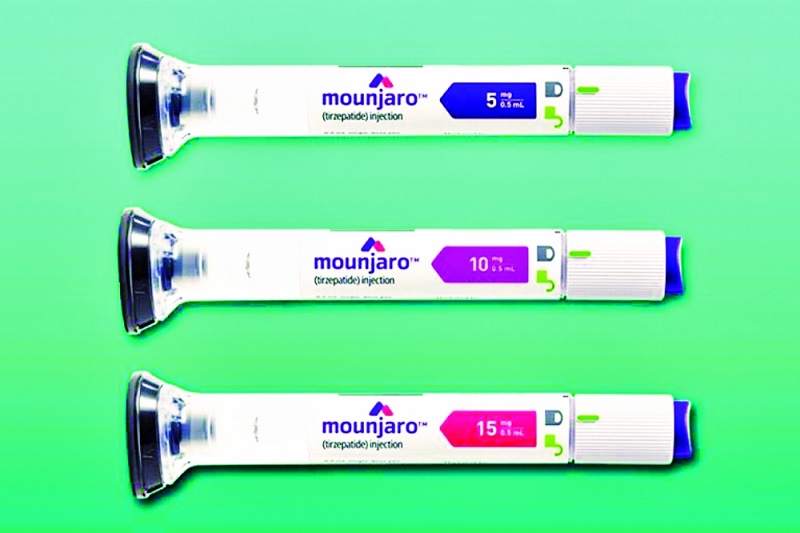Your diet plays a critical role in maintaining a healthy smile. Foods and beverages you consume daily have a direct impact on your teeth and gums, either strengthening them or contributing to decay and disease. According to experts in General Dentistry in Dubai, understanding the relationship between nutrition and oral health can help individuals make smarter choices that promote long-term dental well-being. The right dietary habits, paired with regular dental care, significantly reduce the risk of cavities, gum disease, and enamel erosion.
The Connection Between Sugar and Tooth Decay:
Sugar is one of the biggest culprits behind tooth decay. When sugar interacts with bacteria in your mouth, it produces acid that erodes tooth enamel. Over time, this leads to the development of cavities.
Key reasons sugar is harmful include:
-
Feeds harmful bacteria in plaque, increasing acid production
-
Causes repeated acid attacks that weaken enamel
-
Found not only in sweets but also in sodas, fruit juices, and processed foods
-
Sticky sugars cling to teeth and are harder to clean away
Minimizing sugar intake and practicing good oral hygiene are essential for cavity prevention.
How Acidic Foods Contribute to Enamel Erosion:
Acidic foods and beverages can weaken the outer surface of your teeth, making them more susceptible to sensitivity and decay. Even healthy options like citrus fruits can be harmful in excess.
Common acidic items include:
-
Citrus fruits (oranges, lemons, grapefruits)
-
Vinegar-based dressings
-
Soft drinks and energy drinks
-
Wine and some sports drinks
To minimize damage, rinse your mouth with water after consumption and wait 30 minutes before brushing to avoid scrubbing away softened enamel.
The Role of Calcium and Vitamin D in Oral Health:
Calcium and vitamin D are vital for building and maintaining strong teeth and bones. These nutrients help remineralize enamel and support the structure of the jawbone.
Important dietary sources include:
-
Dairy products like milk, cheese, and yogurt
-
Leafy greens such as kale and spinach
-
Almonds and fortified plant-based milk
-
Fatty fish like salmon for vitamin D
-
Moderate sun exposure for natural vitamin D synthesis
Dentists offering General Dentistry in Dubai often assess a patient’s nutritional intake when diagnosing chronic oral health issues.
How Hydration Supports a Healthy Mouth:
Water plays a crucial role in maintaining oral hygiene by keeping the mouth moist, washing away food particles, and neutralizing acids. Staying hydrated helps your body produce sufficient saliva, which acts as your mouth’s natural defense system.
Hydration benefits include:
-
Supports saliva production to cleanse teeth and gums
-
Helps maintain pH balance in the mouth
-
Reduces dry mouth, which is linked to increased risk of decay
-
Rinses away debris and sugary residues
Fluoridated water, where available, also strengthens tooth enamel and prevents cavities.
Snacks That Promote Dental Health:
Not all snacks are bad for your teeth. Certain foods help clean the teeth, stimulate saliva, and provide essential nutrients that protect against oral diseases.
Dentist-approved snack options:
-
Crunchy fruits and vegetables like apples, carrots, and celery
-
Cheese, which neutralizes acids and adds calcium
-
Nuts and seeds for essential minerals
-
Sugar-free gum to increase saliva flow
-
Plain yogurt with probiotics that support healthy oral flora
Incorporating these foods into your daily routine can have a positive impact on your oral hygiene.
Foods to Limit or Avoid for Better Dental Health:
While moderation is key, some foods and drinks can do significant harm to your oral health and are best consumed sparingly. These items often stick to the teeth or promote bacterial growth.
Common offenders include:
-
Sticky candies and chewy sweets
-
Soda and sweetened iced tea
-
Dried fruits that adhere to enamel
-
Starchy snacks like chips and crackers
-
Alcohol, which dries out the mouth and contributes to decay
Limiting these foods reduces acid attacks and prevents plaque buildup.
Special Considerations for Children’s Dental Nutrition:
Children’s teeth are still developing and require special attention when it comes to diet. A balanced diet supports proper tooth development and reduces the risk of early cavities.
Diet tips for kids include:
-
Offer milk and cheese for calcium intake
-
Avoid sugary juices and sodas
-
Encourage healthy snacks over sweets
-
Teach good brushing habits after meals
-
Use child-friendly fluoride toothpaste when recommended
General dentists treating children in General Dentistry in Dubai often provide personalized dietary guidance for parents to ensure proper oral development.
Final Thoughts:
The connection between diet and oral health is undeniable. The foods and drinks you choose can either strengthen your teeth or put them at risk for damage and disease. Dental experts in General Dentistry in Dubai stress the importance of reducing sugar, avoiding acidic substances, and embracing nutrient-rich foods that support a healthy smile. By staying hydrated, snacking smart, and ensuring sufficient intake of calcium and vitamin D, you can significantly improve your oral health. Pairing these dietary choices with regular dental visits will help you maintain a strong, cavity-free smile at every stage of life.







0 Comments